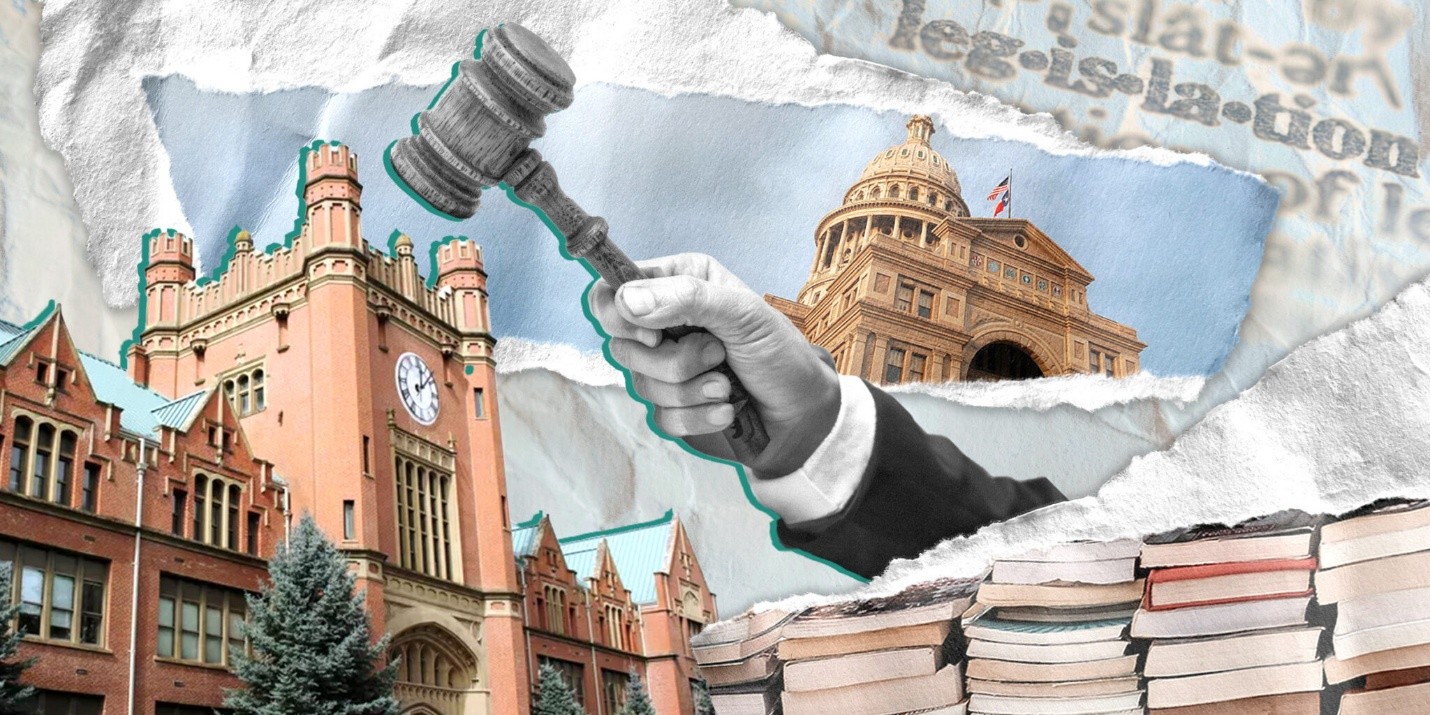
Political science has long examined the relationship between law and power, a relationship that is both essential and fragile. The rule of law is often described as the cornerstone of democratic governance, ensuring that political authority is exercised within clear legal boundaries. Without it, politics risks turning into domination, where power serves the interests of the few rather than the rights of the many.
The concept of the rule of law implies more than simply obeying written rules. It requires having general and public laws that are applied equally to all citizens, including those who govern. Thinkers such as Montesquieu and Locke emphasized that separating powers and limiting arbitrary authority are the best guarantees of freedom. In practice, however, the balance between law and power is never fully achieved. Political elites often seek to bend legal systems to consolidate their authority, while civil society struggles to hold them accountable.
The Lebanese experience illustrates the complexity of this balance. On paper, Lebanon has a constitution, courts, and a legal framework that guarantee equality before the law. In reality, political sectarianism, corruption, and clientelism often weaken these guarantees. Because of that, some citizens will not view the law as a shield of protection for them, but as a tool manipulated by those in power. This gap between the ideal and the practice undermines trust in institutions and feeds political instability.
From a comparative perspective, political science shows that strong democracies are built on institutions where the rule of law prevails over political will. Independent judiciaries, free media, and transparent processes act as counterweights against abuse. At the same time, law cannot be fully effective without a culture of legality. When citizens believe in the legitimacy of institutions, they are more likely to respect rules and participate constructively in public life.
Ultimately, the balance between law and political power remains a dynamic process rather than a final state. For countries like Lebanon, reinforcing the independence of institutions, fighting corruption, and promoting civic education are essential steps toward ensuring that law truly governs power. Political science reminds us that the rule of law is not only a legal principle but also a political achievement that must be defended every day.